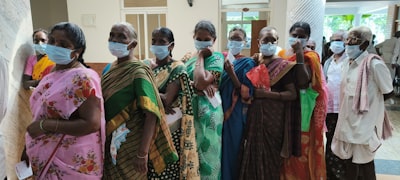A hospital should represent the ultimate sanctuary—neutral, protected, a place of healing even in the midst of conflict. The recent attack on a Sudanese hospital, which claimed more than 40 civilian lives according to the World Health Organization, is a tragic violation of this principle and signals a new phase of danger for conflict zones globally.
Key Insights:
- Hospitals Targeted: Deliberate attacks on medical infrastructure are increasingly common in modern conflicts, from Syria to Ukraine, and now Sudan. Such attacks not only cause immediate casualties but also destroy critical lifelines for thousands.
- International Law in Crisis: Targeting hospitals is a direct breach of the Geneva Conventions. Yet enforcement is rare; warring parties face little immediate consequence, fueling a climate of impunity. If these norms continue to erode, civilian suffering will become an even larger tool of war.
- Sudan’s Humanitarian Precipice: Sudan is facing a catastrophic humanitarian crisis, with over 8 million people displaced and widespread famine risks. Destroying hospitals further cripples response capabilities, imperiling the most vulnerable—including children and the elderly.
- Controversies and Dilemmas: While some parties justify such strikes by claiming enemies were using hospitals for cover, the loss of innocent lives and basic medical care far outweighs military objectives. The dilemma places international agencies and NGOs in a near-impossible situation, often forced to suspend aid.
Perspective Pros/Justifications Cons/Consequences Military Remove enemy stronghold Mass civilian loss, legal/moral cost Humanitarian Protection of caregivers & sick Targeted, forced to withdraw services
Broader Implications: This attack is part of a grim global trend: healthcare workers now serve on the front lines, suffering both physically and psychologically. In 2023 alone, WHO documented hundreds of attacks on healthcare worldwide, each one eroding the rules meant to protect non-combatants and the wounded.
Actionable Insight: International bodies must move beyond condemnation—stronger investigative powers, sanctions on violators, and protection corridors for medical facilities are urgently required. At the very least, global outrage must translate into diplomatic pressure and resource mobilization to support Sudan’s civilian victims.
This article was inspired by the headline: 'WHO says attack on Sudanese hospital killed more than 40 civilians'.

Comments
No comments yet. Be the first to comment!